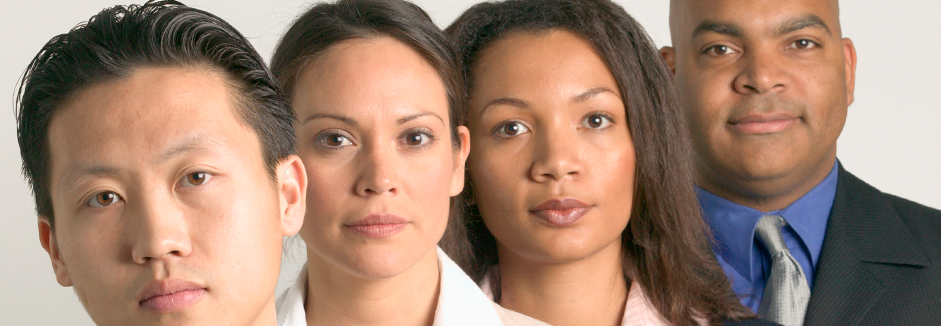
|
At the Utah Mental Health Counselors Association (UMHCA), we are committed to fostering a Mental Health community that embraces and celebrates diversity, equity, and inclusion. We believe that every individual, regardless of their background, identity, or life experiences, has the right to access and receive mental health support in an environment that is respectful, affirming, and culturally responsive.
Our Commitment:
| 1. Diversity:We recognize and value the diversity of our members, clients, and the communities we serve. We are committed to creating an inclusive space that honors and respects differences in race, ethnicity, nationality, gender identity, sexual orientation, age, ability, religion, socioeconomic status, and other dimensions of diversity. |
2. Equity:We are dedicated to promoting equity in mental health services, advocating for fair and just access to resources, opportunities, and support for all individuals. We acknowledge and actively work to address systemic barriers that may disproportionately affect marginalized and underrepresented communities. |
|
| 3. Inclusion:We strive to cultivate an inclusive and welcoming community that encourages the sharing of diverse perspectives, experiences, and ideas. We are committed to fostering a sense of belonging, where each member feels valued, heard, and empowered to contribute to the advancement of mental health practices. |
4. Cultural Competence:
We uphold the importance of cultural competence in mental health counseling. We actively support ongoing education and training to enhance the cultural competency of our members, ensuring that they are equipped to provide effective, ethical, and culturally sensitive services.
5. Collaboration and Advocacy:We collaborate with individuals, organizations, and communities to promote diversity, equity, and inclusion in mental health on a broader scale. We advocate for policies and practices that prioritize the well-being of all individuals and address the unique needs of diverse populations. |
|
| 6. Continuous Improvement:We are committed to regular self-assessment and continuous improvement in our efforts to advance diversity, equity, and inclusion. We welcome feedback from our members and community as we strive to create a more inclusive and equitable future for mental health counseling. |
By embracing diversity, promoting equity, and fostering inclusion, UMHCA is dedicated to creating a mental health community that reflects the richness of human experiences and ensures that mental health services are accessible and beneficial to all.
Awareness of Intersectionality:Intersectionality refers to the overlapping systems of oppression and privilege that individuals may experience based on various aspects of their identity such as race, gender, sexuality, class, ability, and more. A counselor must be aware of how these intersecting identities influence a client's experiences, perspectives, and challenges. | Cultural Competence:Culturally competent counselors are able to effectively work with clients from diverse backgrounds. This involves understanding and respecting cultural differences, being aware of one's own biases and assumptions, and adapting counseling approaches to meet the unique needs of each client. | Empathy and Understanding:An intersectional counselor must possess empathy and a genuine desire to understand the client's experiences and perspectives. This involves active listening, validation of the client's feelings and experiences, and creating a safe and supportive space for exploration and growth. |
Social Justice Advocacy:Intersectional counselors often advocate for social justice and equity both within and outside of the counseling relationship. This may involve challenging systems of oppression, advocating for marginalized communities, and promoting inclusivity and empowerment. | Continued Learning and Reflection:Intersectional counseling is an ongoing process of learning and reflection. Counselors should continually educate themselves on issues related to diversity, equity, and inclusion, engage in self-reflection to recognize and address their own biases and seek supervision and consultation when working with clients from diverse backgrounds. | Collaborative Approach:Counseling from an intersectional perspective often involves collaboration between the counselor and the client. This may include exploring the impact of intersecting identities on the client's experiences, setting goals that honor the client's unique needs and values, and empowering the client to become agents of change in their own lives and communities. |
Overall...
...being an intersectional counselor requires a commitment to social justice, cultural humility, and the ability to integrate intersectional perspectives into all aspects of the counseling process.






